WordPress vs Other Website Development Platform || Wordpress
WordPress vs. Other Website Development Platforms: Finding Your Digital Foundation
Crafting the Perfect Online Presence in a Crowded Ecosystem
The digital landscape is teeming with platforms promising the perfect website. From drag-and-drop builders to enterprise-grade content management systems (CMS), the options are overwhelming. But one name consistently dominates the conversation: WordPress, powering over 43% of all websites. Yet, is it the right choice for everyone? Let’s dissect WordPress’s strengths, weaknesses, and alternatives through a fresh lens—exploring not just features, but philosophies, user personas, and future-proofing.
1. WordPress Unpacked: More Than Just a Blogging Tool
Born in 2003 as a blogging platform, WordPress has evolved into a versatile CMS. Its open-source nature allows endless customization, while its ecosystem of 60,000+ plugins and themes caters to everything from portfolios to multinational e-commerce sites.
Key Differentiators:
Open-Source Freedom: Own your code, data, and design without vendor lock-in.
Community-Driven Innovation: A global developer community constantly expands its capabilities (e.g., WooCommerce for e-commerce, Learn Dash for courses).
Scalability: Sites like The New Yorker and Sony Music* rely on WordPress for millions of monthly visitors.
Yet, WordPress isn’t a one-size-fits-all solution. Let’s contrast it with other platforms through the needs of three archetypal users:
2. User Personas: Who Should Use What?
Persona A: The Solo Entrepreneur (Sarah)
Sarah runs a small bakery and needs an online store fast. She’s tech-savvy but lacks coding skills.
WordPress + WooCommerce: Offers full control over product listings, payments, and SEO. However, Sarah must manage hosting, security, and updates—time she might not have.
Shopify: A dedicated e-commerce platform with built-in hosting, payment gateways, and 24/7 support. Less flexible but more hands-off.
Verdict: If Sarah prioritizes ease over customization, Shopify wins. For long-term scalability, WordPress is better.
Persona B: The Creative Agency (Mark)
Mark’s agency builds custom sites for clients. He needs a platform that balances creativity with client-friendly management.
WordPress: With tools like Advanced Custom Fields and Element or, Mark can craft unique designs. The White Label CMS plugin lets clients manage content without seeing “WordPress” branding.
Web flow: A visual builder with CMS capabilities, ideal for pixel-perfect designs. However, clients must stay on Web flow’s hosting, limiting portability.
Verdict: WordPress offers more ownership, while Web flow streamlines design-to-development workflows.
Persona C: The Developer (Anna)
Anna is a full-stack developer who values performance and modern tech stacks.
WordPress: She can leverage REST API for headless setups or use Gatsby for static site generation. However, WordPress’s traditional architecture may feel bloated.
Headless CMS (Content full, Strap): Decoupled front-end/back-end systems offer speed and tech freedom but require more coding.
Verdict: For traditional sites, WordPress suffices. For cutting-edge projects, headless CMS platforms align better with Anna’s needs.
3. Platform Philosophies: Open vs. Closed Ecosystems
The core divide between WordPress and alternatives lies in their philosophies:
WordPress: Open-source, community-driven, and modular. You own your site but bear responsibility for maintenance.
SaaS Platforms (Wix, Squarespace): Closed ecosystems with proprietary code. Effortless setup but limited extensibility and data portability.
The Trade-Off:
Freedom vs. Convenience: WordPress offers freedom at the cost of hands-on management. SaaS platforms simplify workflows but lock you into their ecosystem.
Cost Over Time: While WordPress’s initial costs (hosting, premium plugins) may seem high, SaaS subscriptions can become pricier long-term.
4. The SEO and Content Battle: WordPress’s Hidden Edge
WordPress’s SEO prowess is unmatched, thanks to plugins like Yoast SEO and Rank Math, which guide on-page optimization. Meanwhile, platforms like Wix have improved SEO tools but lack granular control.
Case Study: A travel blogger using WordPress can optimize each post for readability, schema markup, and internal linking. On Squarespace, they’d rely on built-in tools, which, while user-friendly, lack depth.
The AI Angle: WordPress plugins like AIOSEO integrate AI to auto-generate meta descriptions, while SaaS platforms are slower to adopt third-party AI tools.
5. Security Myths and Realities
Critics argue WordPress is insecure due to its popularity. In reality, vulnerabilities often stem from poor maintenance, not the core software.
WordPress: Regular updates, security plugins (Word fence), and managed hosting (WP Engine) mitigate risks.
SaaS Platforms: Built-in security but opaque processes. If Squarespace suffers a breach, users have no recourse but to wait.
Pro Tip: WordPress’s transparency allows proactive security measures, while SaaS platforms operate on a “trust us” basis.
6. The Future: WordPress and Emerging Trends
WordPress is adapting to modern demands:
Full Site Editing (FSE): Drag-and-drop block editing for entire sites, rivaling Wix’s editor.
Headless WordPress: Developers decouple the front end for faster, static sites.
Sustainability: Plugins like Green Web assess site carbon footprint, aligning with eco-friendly trends.
Meanwhile, platforms like Shopify are investing in AR shopping experiences, and Webflow in no-code animations.
7. When to Avoid WordPress
WordPress isn’t ideal for:
Microsites or Campaigns: Use Card or Link tree for single-page sites.
Pure E-Commerce Startups: Shopify’s streamlined setup beats WooCommerce’s initial complexity.
Enterprise Applications: Custom-built solutions or Drupal might offer better scalability.
8. Final Verdict: Align Your Platform with Your Ambitions
Choose WordPress If: You value ownership, scalability, and a vibrant ecosystem.
Choose Alternatives If: You prioritize speed-to-market, niche functionality (e.g., AI-driven stores), or hands-off management.
In the end, your platform shapes your digital identity. WordPress isn’t just a tool—it’s a foundation for growth. But in a world of endless options, the right choice hinges on your vision, technical appetite, and willingness to adapt.
9. Accessibility and Compliance: Building Inclusive Experiences
In an era where digital accessibility is both a moral imperative and a legal requirement (thanks to laws like the ADA and GDPR), platform choice impacts how easily you can create inclusive, compliant websites.
WordPress: Plugins like WP Accessibility and Accessibility Checker help identify and fix issues like poor contrast, missing alt text, or keyboard navigation gaps. Themes like Astra and Generate Press prioritize accessibility from the ground up.
SaaS Platforms: Wix and Squarespace offer built-in accessibility tools, such as automated alt text for images, but lack the granularity of WordPress plugins. For example, adjusting ARIA labels or semantic HTML structure is often impossible without custom code.
Enterprise Solutions: Platforms like Adobe Experience Manager include robust compliance features but come with steep costs and complexity.
Verdict: WordPress provides the tools to meet strict accessibility standards, making it ideal for NGOs, educational institutions, or government projects. SaaS platforms work for basic compliance but fall short for highly regulated industries.
10. Community vs. Corporate Support: Where Does Your Help Come From?
The source of support—community-driven forums or corporate help desks—can make or break your website journey.
WordPress: With millions of users, solutions to nearly every problem exist in forums, YouTube tutorials, or official documentation. However, resolving complex issues may require hiring a developer.
SaaS Platforms: Shopify, Squarespace, and Wix offer 24/7 customer support, but assistance is limited to their platform’s scope. Need a custom feature outside their ecosystem? You’re on your own.
Headless CMS: Enterprise platforms like Content full provide dedicated account managers, but at premium pricing tiers.
Case Study: A WordPress user struggling with a plugin conflict can find 10+ solutions in the WordPress.org support forums within minutes. A Wix user facing a niche bug might wait days for a support ticket response.
Pro Tip: WordPress’s community is a double-edged sword—endless resources exist, but vetting the quality of advice (or plugins) is crucial.
Conclusion:
Your Website’s DNA Starts with the Right Platform
The WordPress vs. alternatives debate isn’t about declaring a “winner”—it’s about aligning your choice with your goals, resources, and appetite for growth.
WordPress thrives in the hands of those who value ownership, adaptability, and long-term vision. It’s a canvas for creators who don’t want limits, whether you’re a blogger, an agency, or an enterprise.
SaaS platforms cater to speed and simplicity, ideal for businesses that prioritize getting online quickly over deep customization.
Niche tools (Shopify for e-commerce, Web flow for designers) dominate their lanes, offering specialized workflows that WordPress can’t always match without plugins.



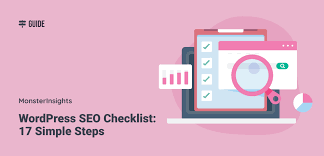


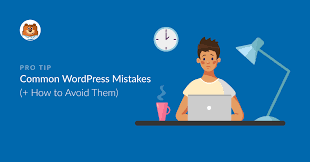



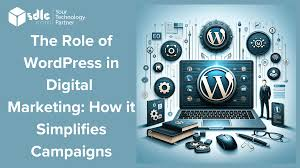
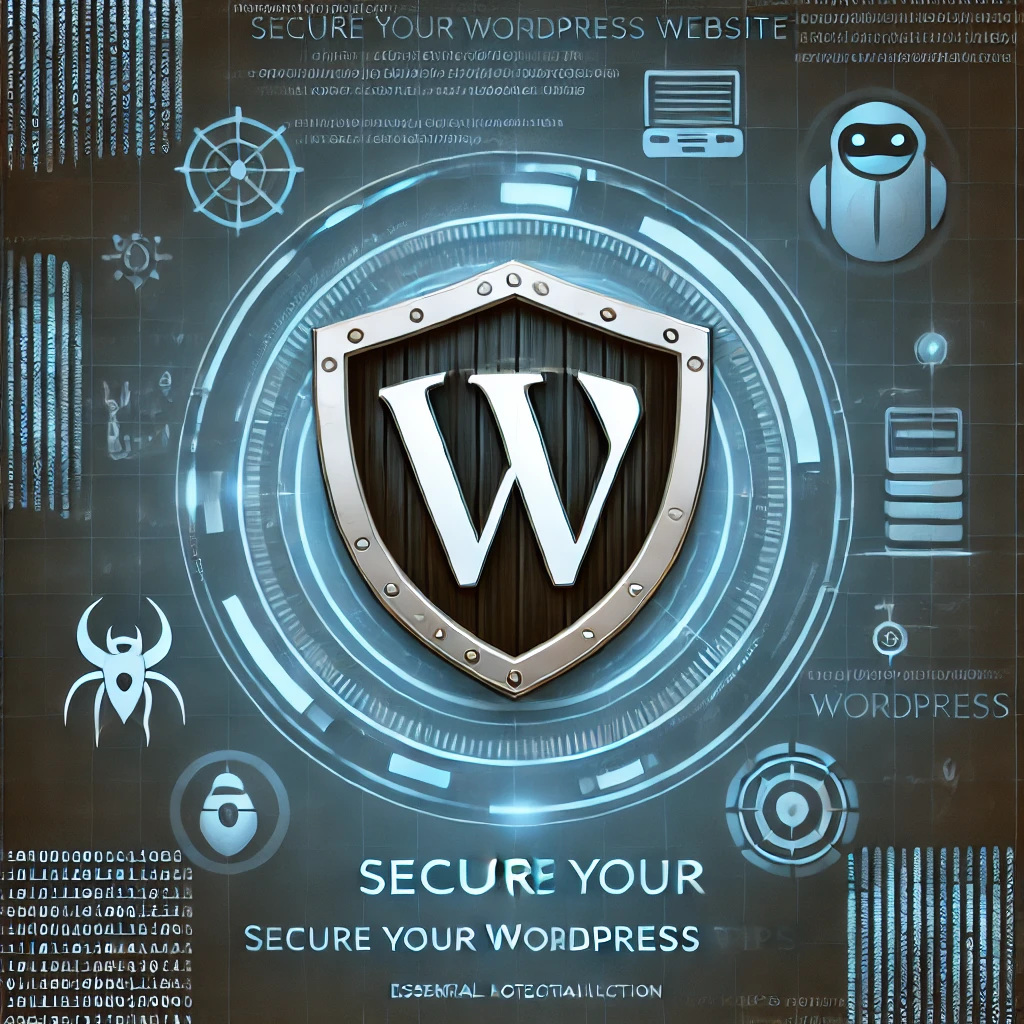

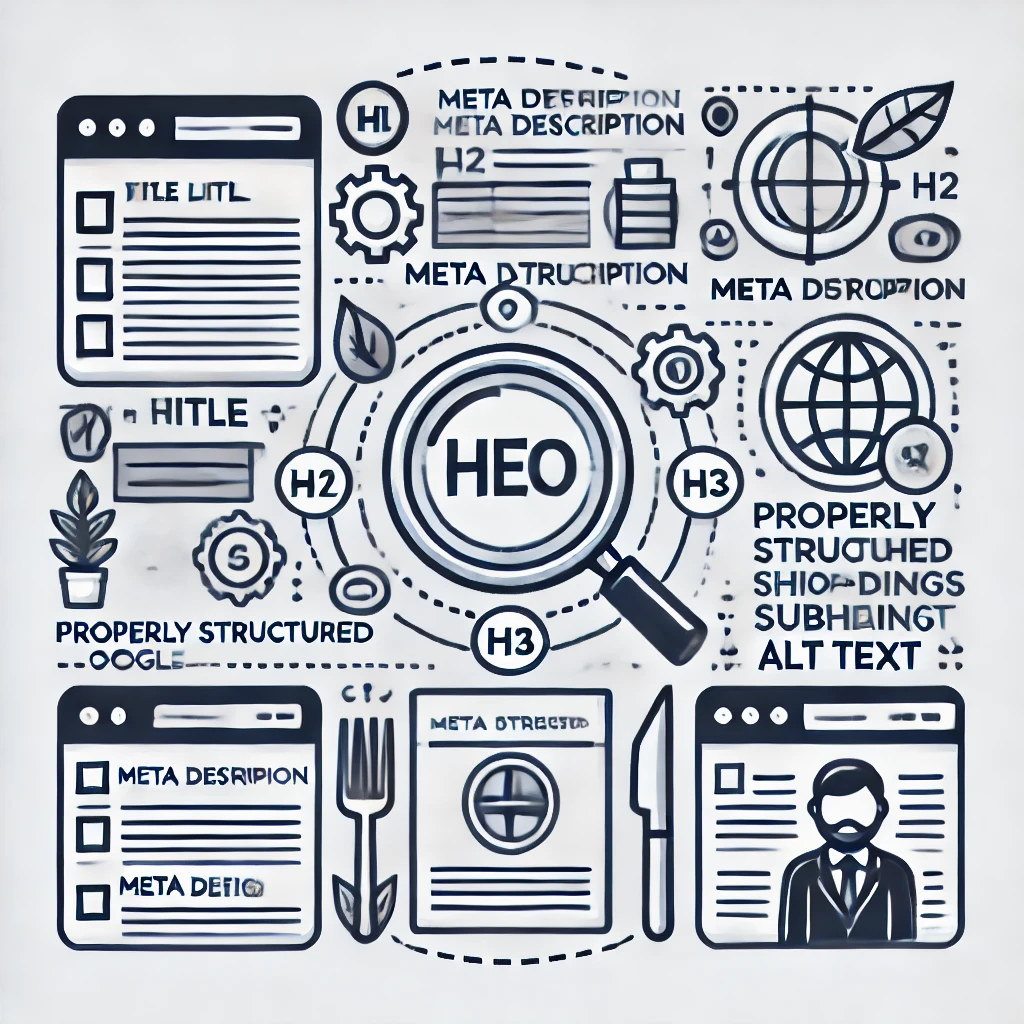
Comments
Post a Comment